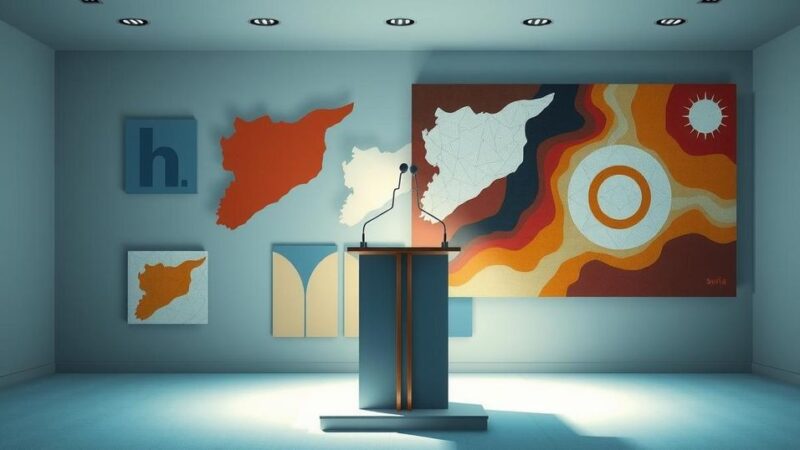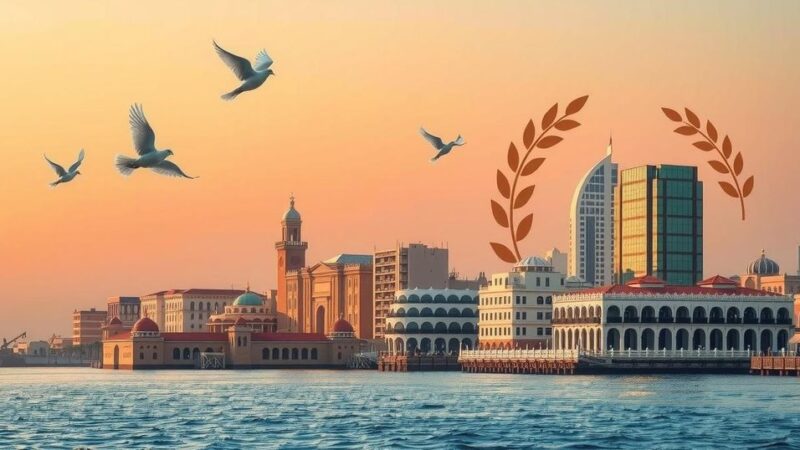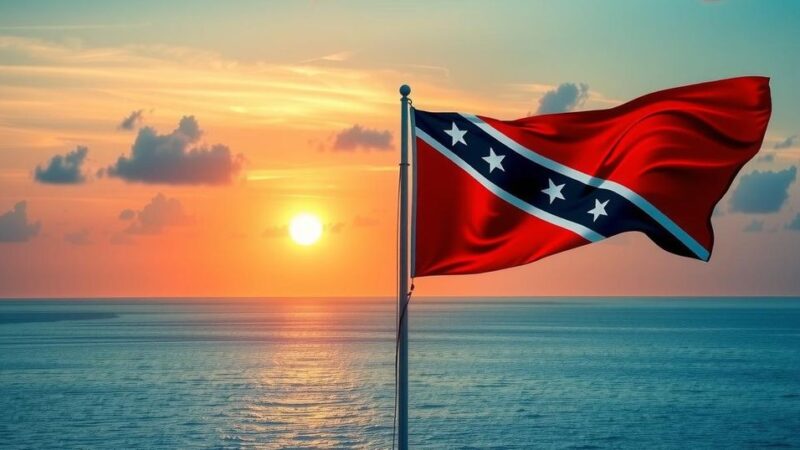The US is delaying $2.6 billion in climate finance to South Africa, reflecting deteriorating relations. Previous aid cuts were based on unfounded allegations of land expropriation by Pretoria. The aid reduction may worsen South Africa’s energy crisis, which is still heavily dependent on coal. Cultural tensions, particularly influenced by the previous Trump Administration, further complicate the bilateral relationship.
The United States is reportedly delaying the distribution of $2.6 billion in climate financing to South Africa, highlighting deteriorating relations between the two nations. Prior to this, Washington halted direct aid, accusing Pretoria — without evidence — of unlawfully expropriating land from white farmers. The White House has also declared South Africa’s ambassador to the US as “persona non grata,” reflecting escalating tensions.
This reduction in American aid may significantly impact Africa’s climate finance needs, which other wealthy nations are unlikely to fulfill. The head of Britain’s development finance office expressed, “We are entering a world of more constraints. You need to do more with less.” The aid cuts could worsen South Africa’s existing energy dilemmas.
If the World Bank-linked funding does not receive approval in the future, it could thwart South Africa’s strategies to close coal-fired power plants that currently account for over 80% of its electricity supply. The country has faced a prolonged energy crisis characterized by routine blackouts. Despite ambitious climate goals set in 2019, the latest plan still relies on coal, proposing increased gas imports. A South African development expert noted that the nation possesses “some of the best wind and solar resources in the world, and there is no need for more fossil fuels.”
The situation is further complicated by the United States’ culture wars, particularly following the Trump Administration’s focus on South Africa regarding controversial land legislation. This approach, including pledging support for white South African “refugees,” reflects peculiar policies shaped by a narrow worldview. Existing tensions over the Ukraine and Gaza conflicts have exacerbated relations, with commentators suggesting South Africa serves as a cautionary tale for some American white citizens. Max du Preez noted, “It plays into the fears of white people in America and elsewhere: ‘We whites are threatened.’”
In conclusion, the relationship between the United States and South Africa has deteriorated, highlighted by delays in climate financing and direct aid cuts, which pose risks to South Africa’s energy framework. These geopolitical tensions, compounded by domestic political narratives, are likely to complicate future interactions. The reliance on coal and gas at a time when renewable resources could be leveraged reflects a significant oversight in addressing the energy crisis. As the international landscape evolves, both nations must navigate these challenges thoughtfully to foster cooperation and support.
Original Source: www.semafor.com






